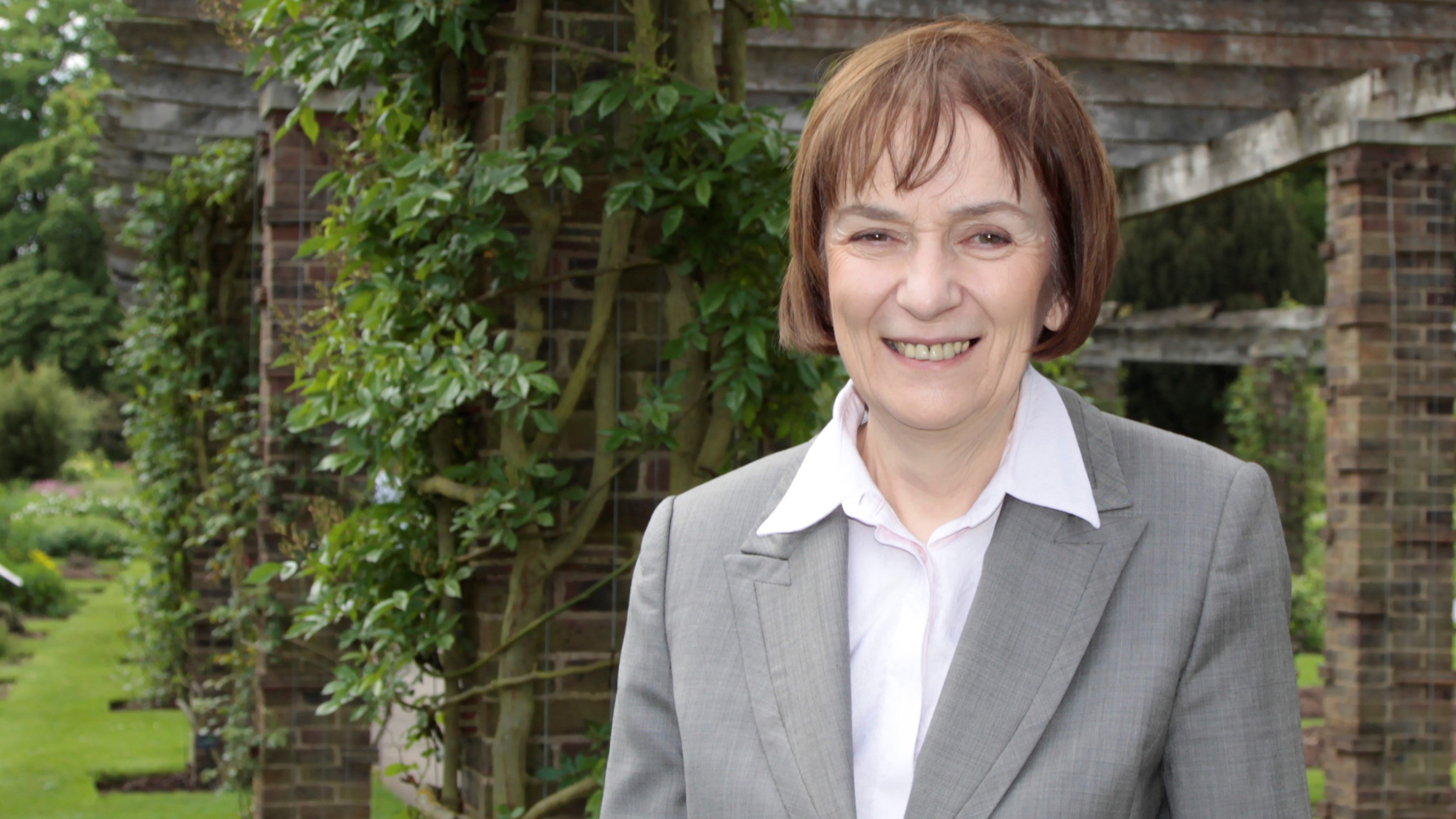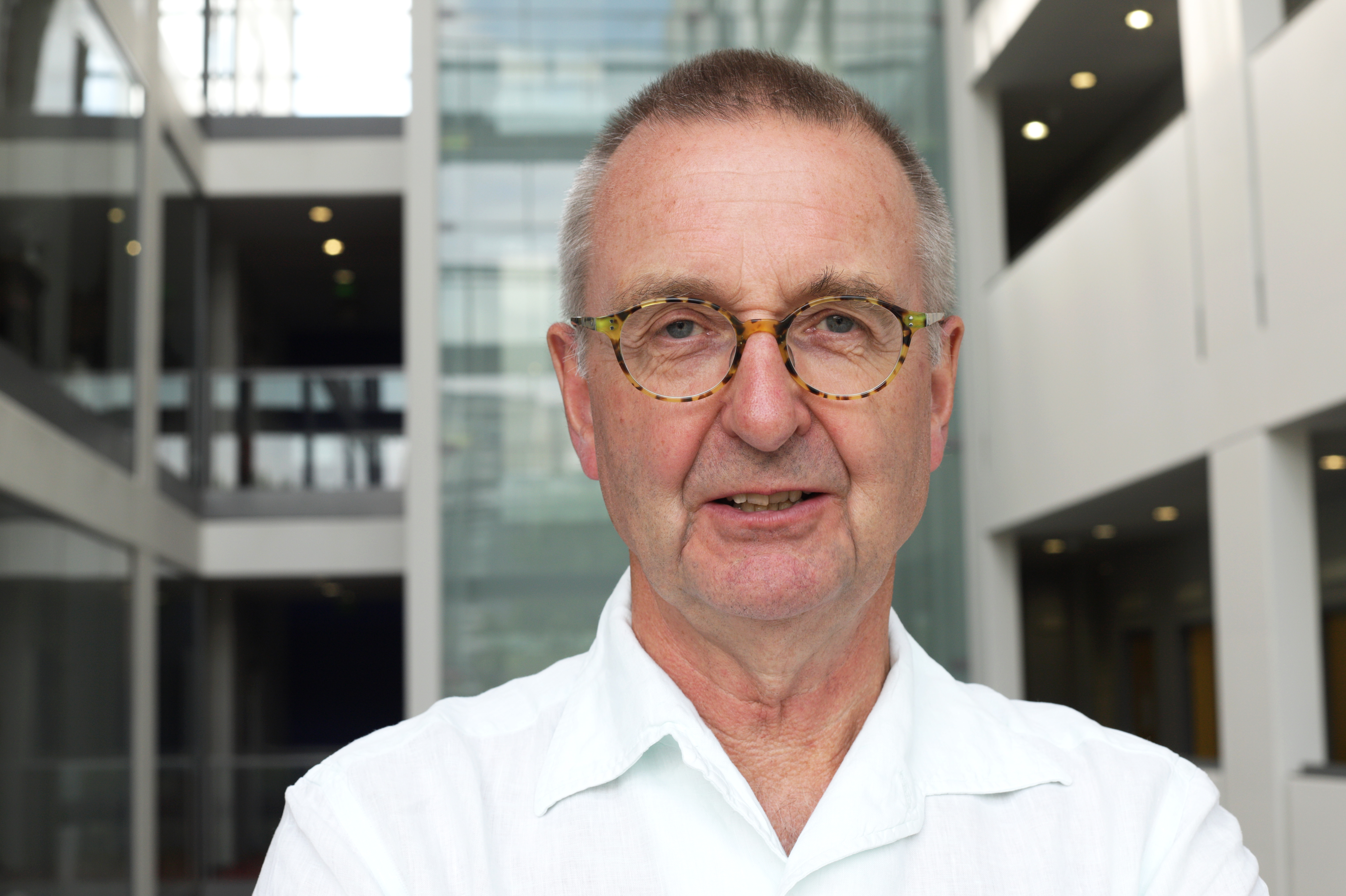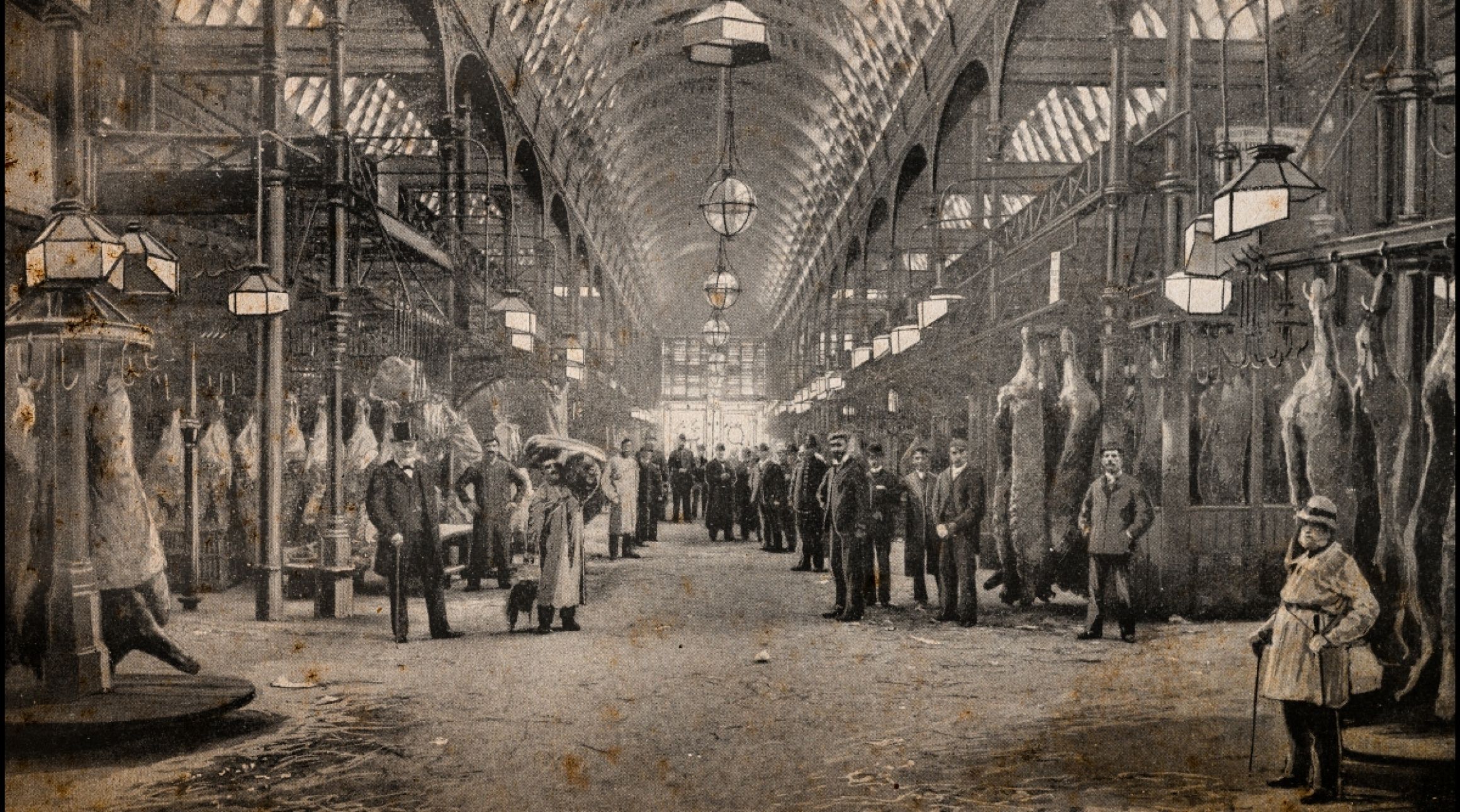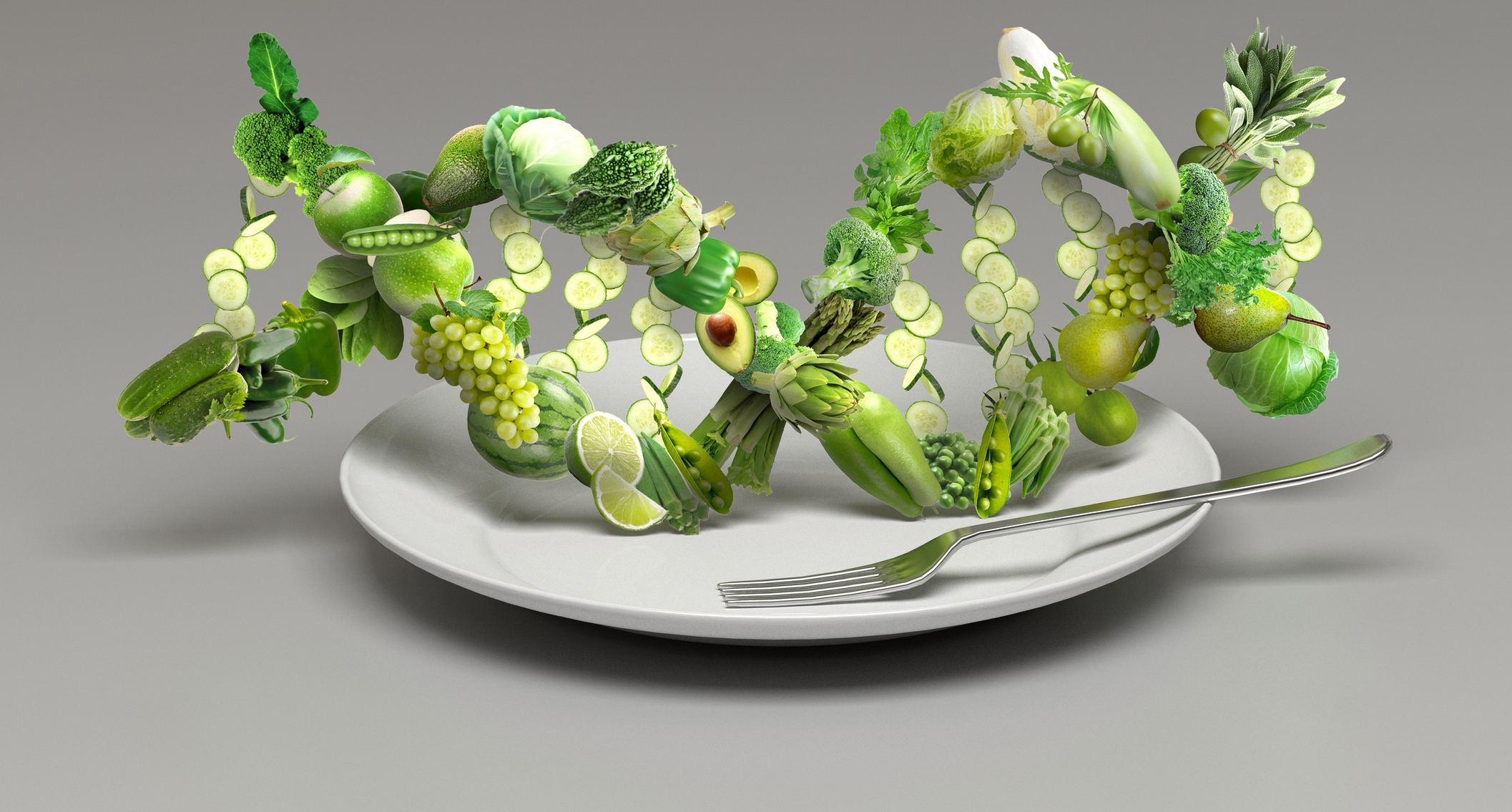Dining Table Tales with…Patrick Holden

Despite being of retirement age, Patrick Holden still milks his cows three times a week. “I’m 70 now, so don’t have long left to be active,” he says, speaking to me from the stable house at Holden Dairy Farm in West Wales. Like any other working farm, there’s always work to be done.
Alongside the daily work of tending to the land, Holden has dedicated his life to changing the world of farming from a much grander perspective. He’s been the Director of The Soil Association, Chairman and founder of the British Organic Farmers, was awarded the CBE for services to organic farming and now runs the Sustainable Food Trust.
“I’m a serious farmer,” he says. “I think the reason why we (the Sustainable Food Trust) are reasonably influential in the farming community is because farmers can tell that.”
One of the biggest challenges the Trust currently faces is how to navigate what the future of sustainable farming should look like. One current hot topic is the land sharing vs. land sparing debate. The sharing side advocates for a low-yield, less intensive approach to agriculture, whereas the sparing argument focuses on small but high-yield crops with the rest of the land preserved for biodiversity and natural wildlife. Holden definitely agrees with the former. “The land-sparers would farm more intensively on the best land to increase yields,” he explains, “And maybe go to a plant-based diet and vanish ruminants – which is ludicrous because herbivores always coexist.” But there are plenty who disagree with him.
“It’s a lonely old business, challenging orthodoxies,” he adds.
Despite their differences, both farming sides agree on one thing: the current approach to farming needs modernising. Since the end of the Second World War, accelerated food production has been great for diminishing world hunger but it’s come at a cost to the environment. “We’ve been depleting the balance sheet of nature for 100 years,” Holden says. “Now we have to restore it. Otherwise, we won’t be able to live on the planet anymore.”
The core of what Holden does is raising awareness: “If you want to be an agent for change, you have to make sure people understand the issues you champion.”
It’s been a successful strategy. During his time at the helm of the Soil Association, Holden helped shape the way we think about food by writing the rulebook on organic farming. “I wrote the very first draft of the organic standards for dairy farming in the world,” he says, explaining that at the time there weren’t any standards for livestock.
Previously a fringe term, organic farming first hit the mainstream in the mid-1980s when two characters from the long-serving rural Radio 4 drama The Archers turned their farm organic. Even then, the actual numbers of growers deciding to shun pesticides were marginal until 1995, when government encouraged organic farming practices through subsidies. During his first ten years of his near-two-decade tenure at the Soil Association, annual sales of UK organic food rose from £105m to £1.2bn.
Born in Oxford, as a child Holden moved around, living in nine or ten places before he was old enough to move out. His dad was a child psychoanalyst at Maudsley Hospital and then the Tavistock Clinic, both in London, and was immensely well-read. Holden said that when he died, it felt like a ‘hard disk crashing’: “He knew so much and now it’s all kind of evaporated.”
From a young age, he’s felt at home with nature. Alongside growing up with an assortment of pets – including a minor bird, a marmoset monkey, rabbits, mice and budgerigars – he’d often spend his time observing wildlife up close through the ponds in his back gardens. It’s a passion he unknowingly shared with his grandfather, an Oxford graduate with a double first in maths who worked for the Egyptian civil service in Cairo: “I didn’t know, until I read it in his memoirs that he had an obsession with keeping pets and animals and also loved wild swimming.”
Holden wonders if his interests are fuelled by experience or genetics: “It’s fascinating, isn’t it? Who are we? What am I doing in a strange world in which I find myself and what are the influences? Genetic, environmental. What’s caused me to be the person I am? I think it’s the existential question that we all need to ask, which in a way can never be answered.”
Despite his love of animals, Holden’s focus shifted in the 1960s. Originally wanting to study ethology at university, the counterculture of the time took hold of him instead. “I was right in the epicentre of it,” he recalls. “It really affected me.”
His greatest exposure to the hippy way of life was in 1971, when his dad became a visiting professor at Stanford Medical Centre in the US and decided to take the whole family with him. “I went to San Francisco,” Holden recalls, “Drunk Kool-Aid and was inspired by the green thinking at the time.” During that six-month trip, he worked as a gardener, driving up and down the West coast of America in this Volkswagen split screen Beetle, being introduced to a whole array of new ideas.
One of his biggest influences was The Greening of America. Written by Charles Reich, a Yale Law professor, who also interviewed Jerry Garcia for Rolling Stone magazine, the book warned of the destruction of the environment and the failures of consumerism and was a seminal text for the counterculture , topping the bestseller list at the time.
On his return to a rainy British summer in London, Holden felt a strong impulse to “get back to the land” so moved to Hampshire to work on a dairy farm. From then on in, he became obsessed with agriculture. “I thought farming was the way forward,” he says, while telling me he would even wear wellington boots around North London, when going back home to visit his parents.
After his stint at the dairy farm, Holden spent a year at Emerson College in Sussex – an agricultural learning centre based on the teaching of Rudolph Steiner, known for being the founder of Steiner Schools. Finishing his studies in the spring of 1973, by that summer Holden grouped together with five other friends and decided to run a farm on 135 acres spanning across the hills in West Wales. Holden has stayed ever since.
Despite spending the past decade building up the Sustainable Food Trust, at times Holden says it can feel like he’s started over again. “You’re only as good as what you said 15 minutes ago,” he explains while wondering if anyone would still recognise him if he walked into the offices of Soil Association today: “I think when I left the Soil Association, it appeared outwardly that I just retired and just step back.”
But one of the biggest lessons learnt throughout his career is that in order do good work, you need to park your ego at the door. “If you allow your ego – because everyone’s got an ego – to get in the way of what you have the privilege to be able to be an influence about, well that’s a sin in a way.”
Despite his battles, Holden feels positive about the future: “Climate change, biodiversity loss, Russia, COVID, Brexit – for all these dark things around. You could say from every logical perspective, it looks really bleak. But there’s something happening, I think, now, which it sort of gives ground for optimism.”
One of the reasons for his hope is a resurgence of public interest in sustainability, which he describes as a ‘new energy’: “It’s exactly what is needed, I think, if we are going to end up with a liveable planet in ten years’ time.” His faith in the future transcends to his vision for the farm. Currently, his son is in charge of producing and selling Hafod cheese, made at the family’s farm, using unpasteurised milk from their seventy-five Ayrshire dairy cows . Based on a recipe from 1917 , it has a natural rind and the cows’ bedding and feed comes from the farm. Even Prime Minister Boris Johnson picked up some on a recent visit to Prestatyn, Wales.
The threshing barn at the farm (which Holden describes as ‘church-like’) is being turned into a place for educational talks. “Farms should not just be producers of food, they should be places.” he says. “In a way, they should be the most exciting places to be in the world.”








